“Chiraq”: The Local Single Story
April 18, 2018
In the past few years the term “Chiraq” has been used rather loosely as a synonym of Chicago’s South and West Side Neighborhoods. Starting off as one of the many pseudowords of Urban dictionary, the moniker quickly rose to popularity, becoming the title of movies, documentaries, and hit songs. Today, it’s a part of household vocabulary for many Chicagoans.
However, one must call to question the ethicality of comparing America’s third largest city to a war torn country. While the violence that has lead many to use that term is justifiable, when used in the media, it has the potential to become a single story. History teacher Ms. Hennessy says, “national media uses that term. I think it’s dangerous because the term paints the city (or specific parts of the city) in an unfair corner — the term doesn’t allow for outsiders to understand various parts, stories, or people of the city.” While Chicago is no stranger to violence and poverty, many Chicagoans are more likely to describe their city as the home of deep-dish pizza, innovative architecture, and one of the most diverse populations in America than a war zone.
Yet an image of violence, poverty and hopelessness on the city’s South and West Side continues to be perpetuated by media outlets and the entertainment industry. Shows like Shameless and The Chi, although often with good intentions, sensationalize violence in Chicago. South and West Siders are far more likely to find news coverage of tragedies in their neighborhoods than the opening of a new restaurant or the successes of the children. In fact, in a January 2018 survey including 900 Chicagoans, 67.8% and 54.2% of residents on the West and South Side respectively reported that they felt their neighborhoods were too negatively portrayed in local media.
Before I continue, I must make it clear that I am not in denial of the violence in our city. The similarities between Chicago’s most violent neighborhoods and Iraq are unmistakable, and the effects of gun violence, poverty, underfunded schools, and sexual abuse on these neighborhoods cannot be ignored. Even Chicagoans living on the North Side have started developing toxic mindsets about their South and West Side counterparts.
But the stories of brutality and injustice should not define our city. Ms. Hennessy has observed that “more often than not, we talk about the South and West sides as ‘poor’ or ‘African American’ or ‘Latino’ or ‘dangerous.’ Simplifying these areas in this way is not accurate…speaking in generalities about the South and West sides doesn’t allow us to understand the diverse stories that these areas hold. Admittedly, the Northside is often spoken of in generalities, too; however, in my opinion, it is talked about in that way less so — and, when folks talk about the Northside in generalities, the topic of conversation is not as negative as it is when it comes to the West and South sides.”
When analyzing this issue, one cannot help but find parallels to the way Africa is treated in the media. The image of Africa as a “helpless nation” in need of support from Western powers has long been the implicit screen through which Americans look at the continent. The extremity of this generalization is clear in the countless times when seemingly well-educated individuals refer to the entire continent as a country. Like Africa, South and West side communities are being packed together into a single story. Despite the area’s more wealthy neighborhoods, the South Side is implicitly considered the poor side. Despite the several pockets of the neighborhood with White residents, the West Side is considered the “Black and Hispanic side.”
Why is this problematic? Because by generalizing the stories of these neighborhoods, we only see them through one lens and disregard the qualities that make them an asset to Chicago. Children living in Lincoln Park will continue to be raised thinking the South Side is too dangerous. Gaps in the quality of education for students on the city’s three sides will continue to grow and the city’s violence will only increase.

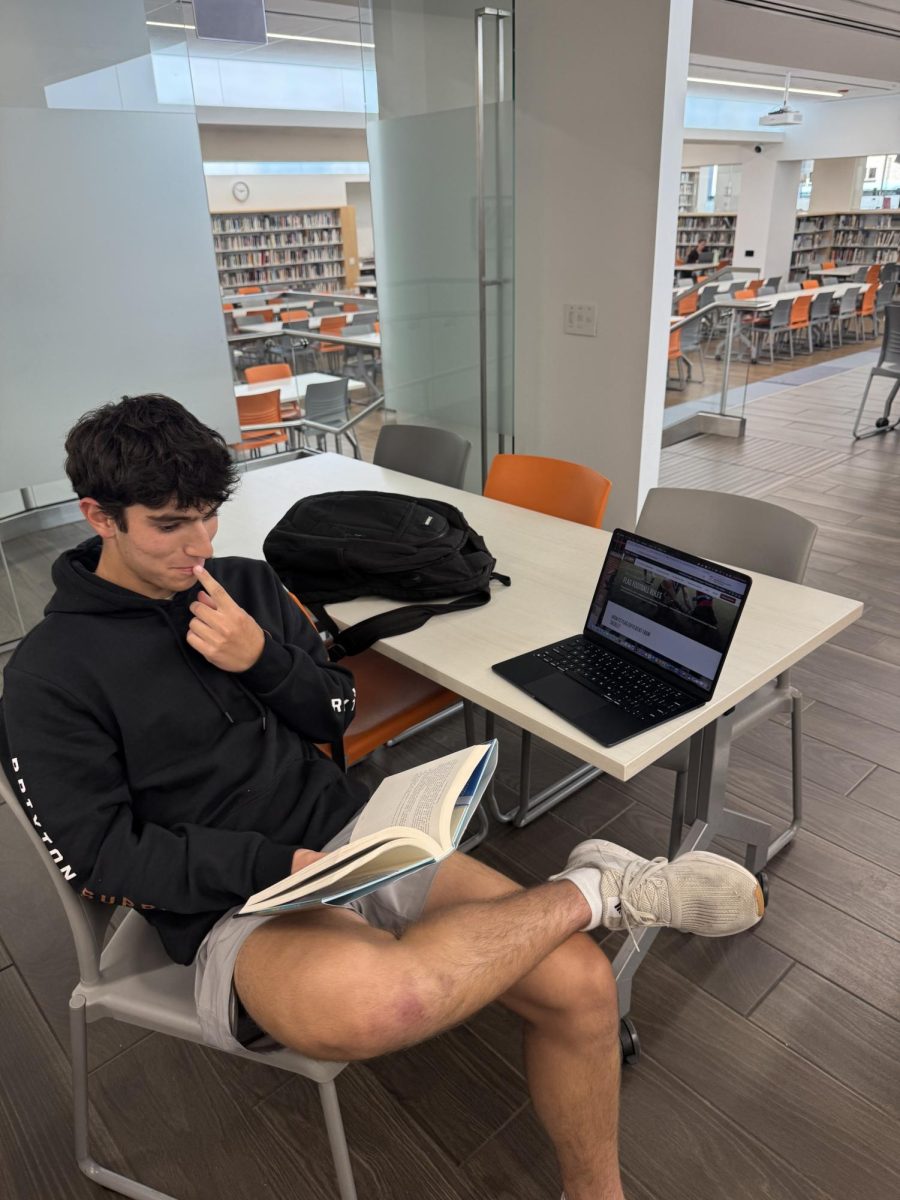















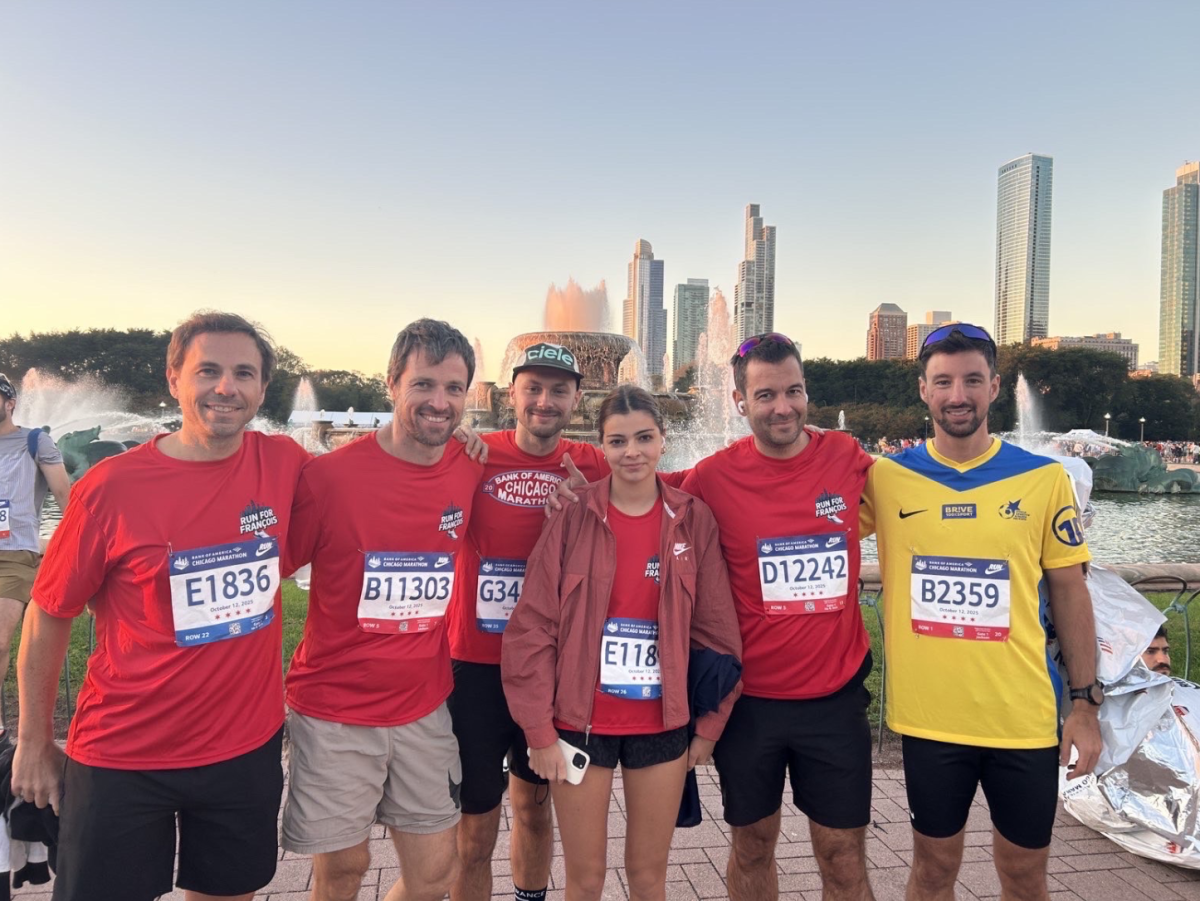




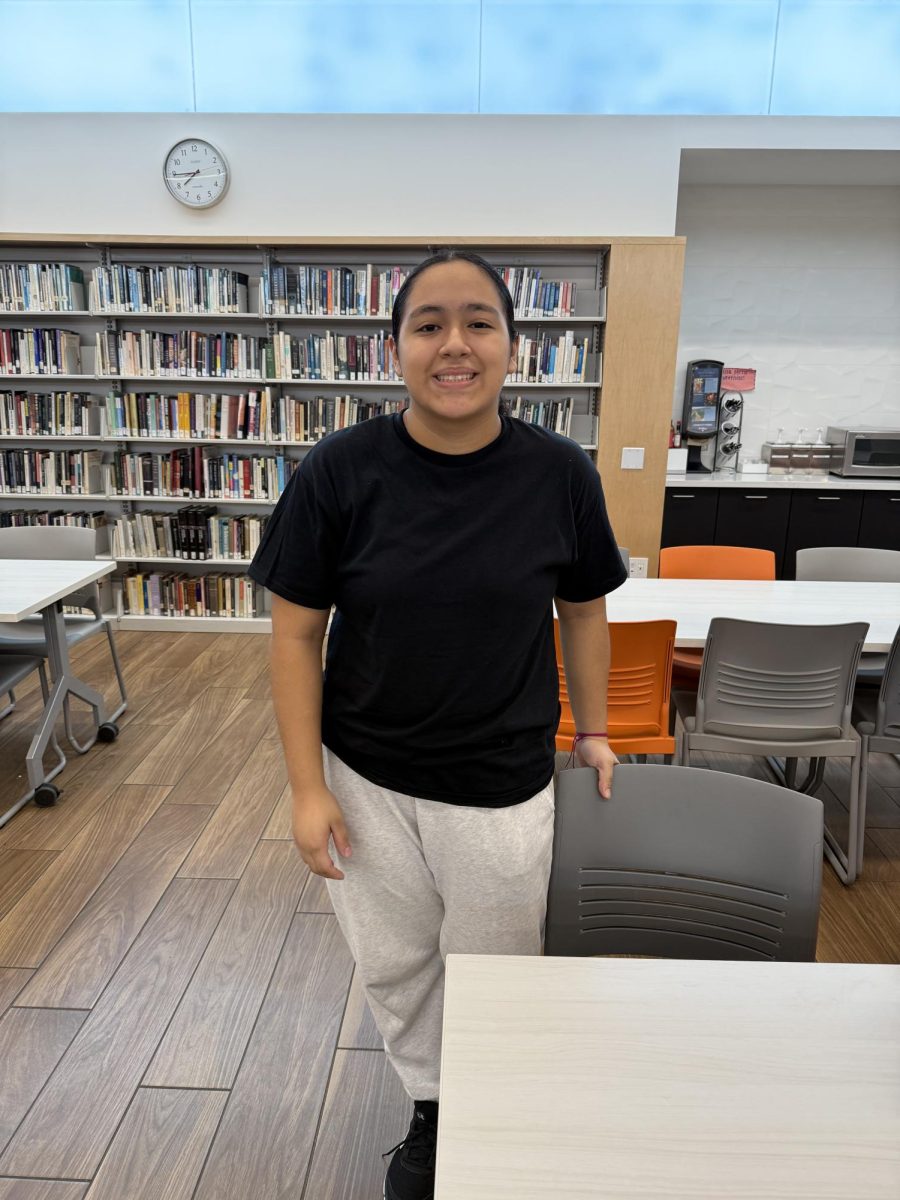













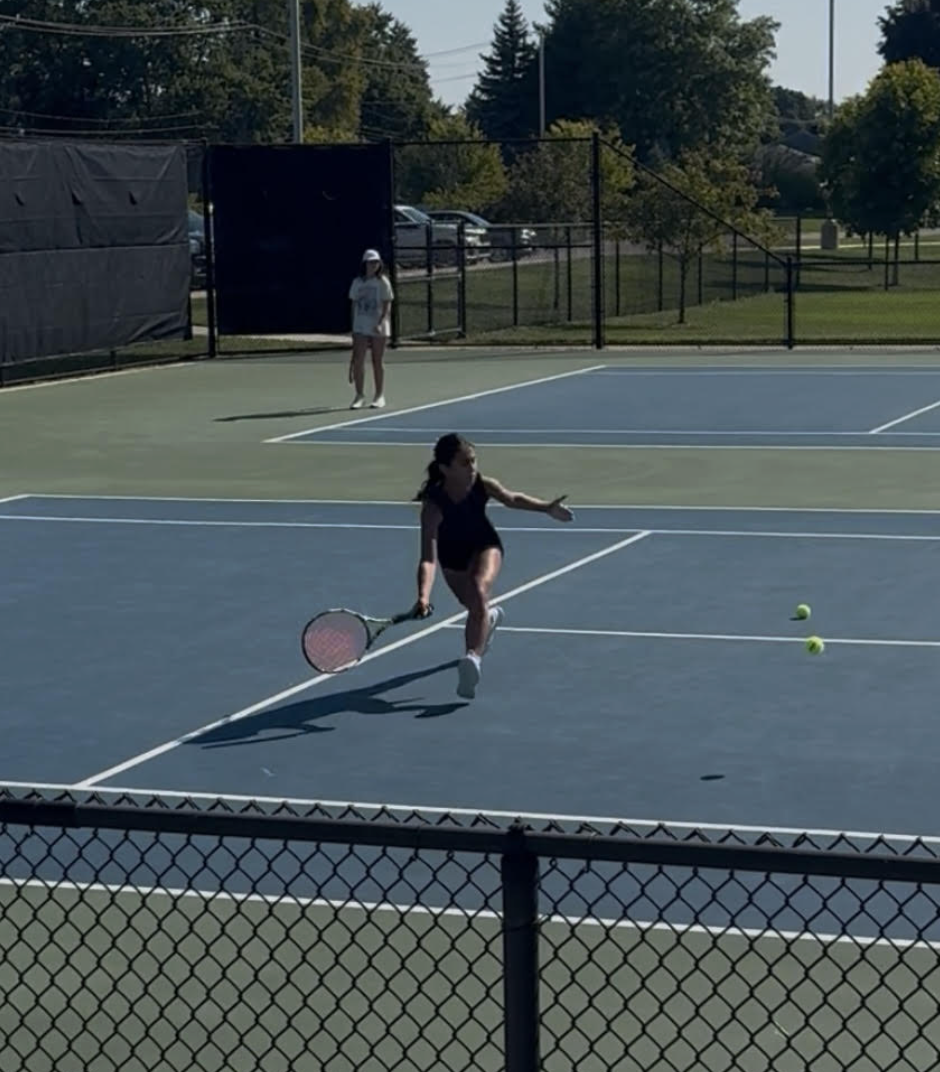









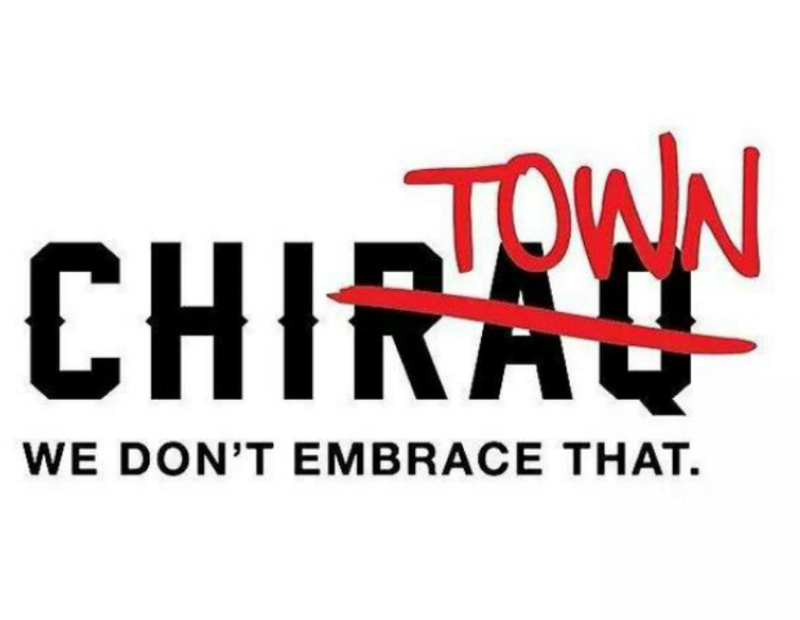
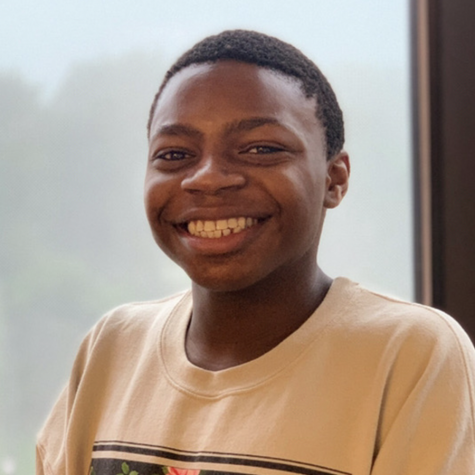
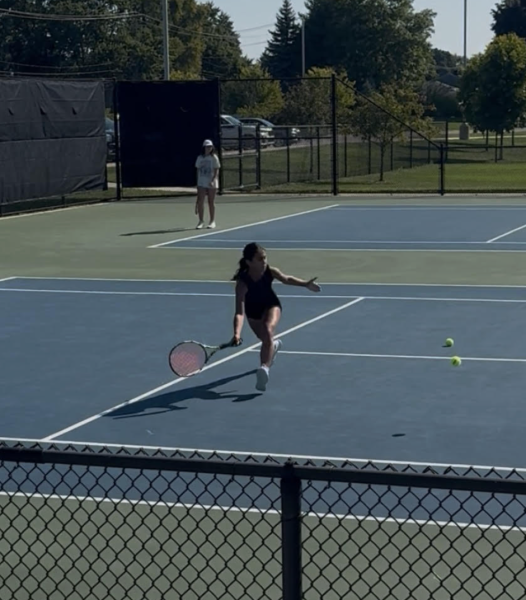
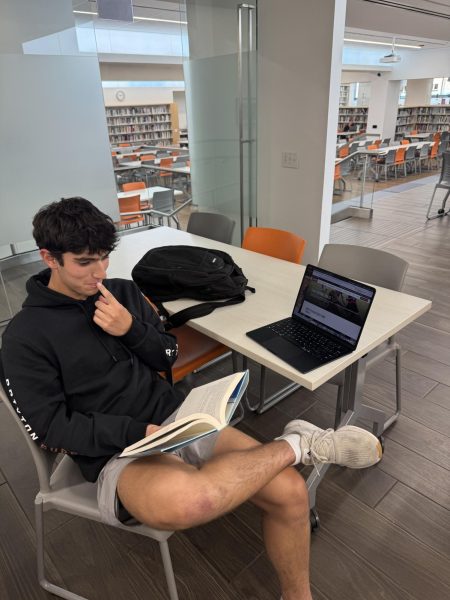
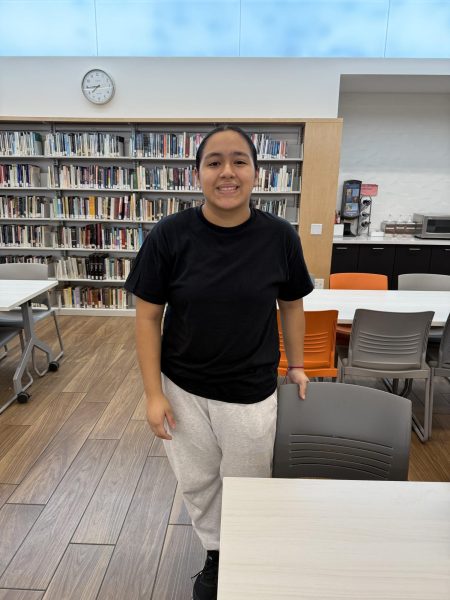

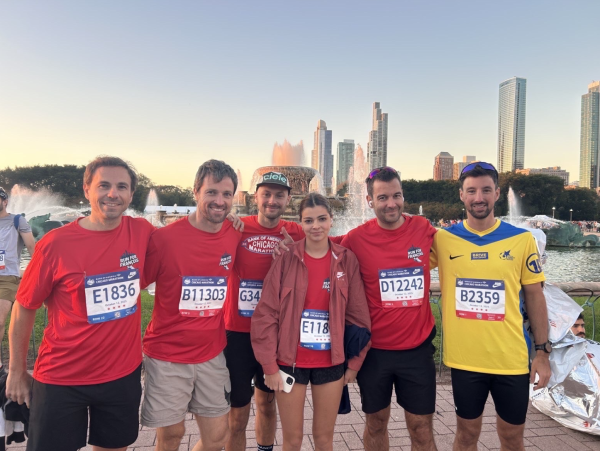
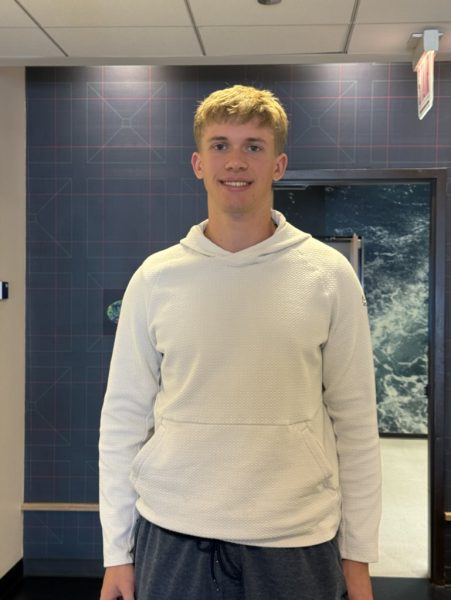

Andrea Avila • Apr 20, 2018 at 7:55 am
WOW . Thank you for writing this article, Robert.
nkamal • Apr 19, 2018 at 3:56 pm
Robert, this article is SO well written. A must-read for every person in the Latin community.
lcampbel • Apr 19, 2018 at 12:09 am
YES ROBERT!!!! Amazing article.